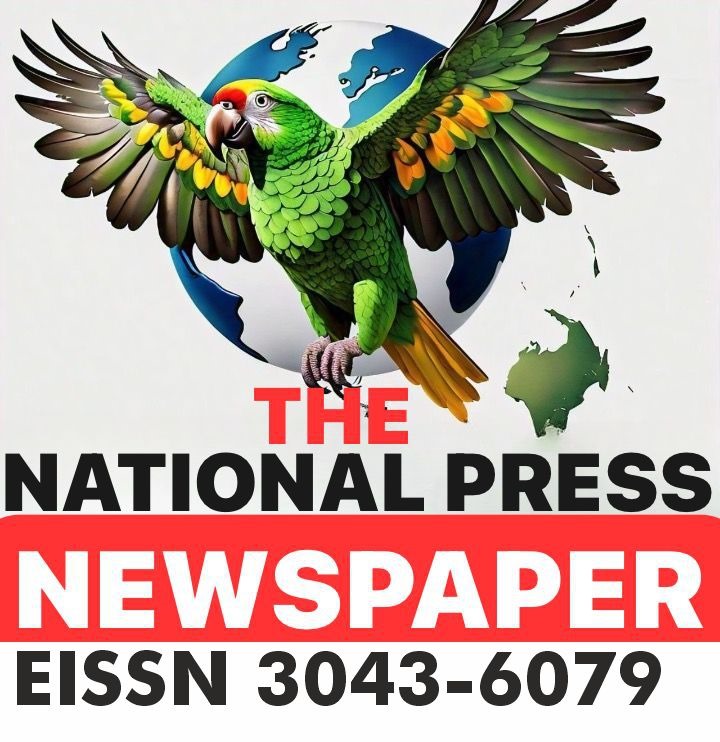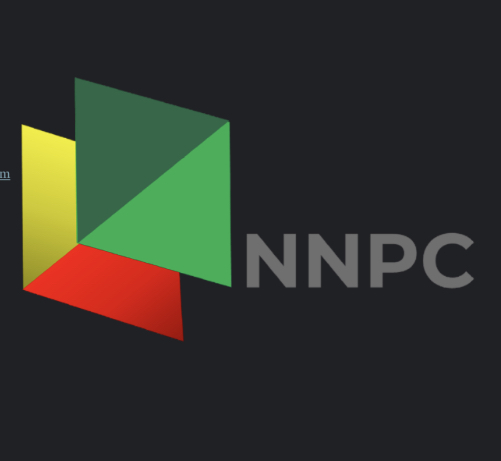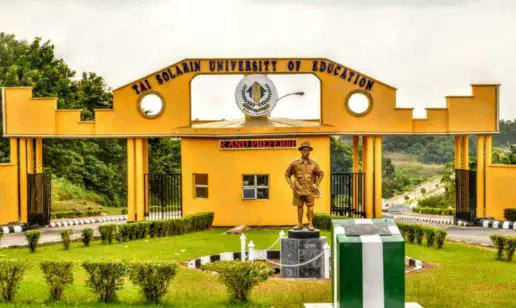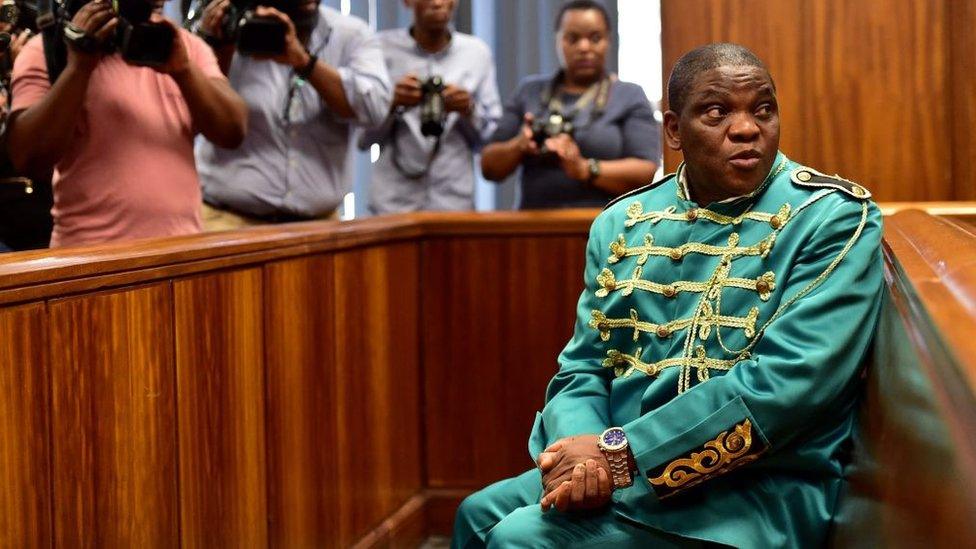The Nigerian National Petroleum Company Limited (NNPC Ltd.) says it has not paid fuel subsidies to anyone in the last nine months.
The Chief Financial Officer of the company, Alhaji Umar Ajiya, made the clarifications on Monday in Abuja.
Ajiya said NNPC Ltd. was only handling Premium Motor Spirit (PMS) importation shortfalls between the company and the federation.
“In the last eight to nine months, NNPC Ltd. has not paid anybody a dime as a subsidy; no one has been paid Kobo by NNPC Ltd. in the name of subsidy.
“No marketer has received any money from us by way of subsidy.
“What has been happening is that we have been importing PMS, which has been landing at a specific cost price, and the government tells us to sell it at half price.
“So the difference between the landing price and that half price is a shortfall.
“And the deal is between the Federation and NNPC Ltd., to reconcile, sometimes they give us money, so there is no money exchanging hands with any marketer in the name of subsidy,” he said.
He stated that credit lines are prevalent in downstream businesses based on the worldwide commercial system. He added that the company was in an open credit agreement with PMS suppliers in the past, with term-line contracts for payment.
Also, Dapi Segun, the Executive Vice President of downstream at NNPC Ltd., said that establishing an open credit agreement with suppliers spoke volumes about the credibility the national oil company had built over time.
“Concerning the outstanding to the suppliers, it is not in that magnitude that has been put out, it is lower than the $6.8 billion.
“What really matters is the relationship between us and our suppliers to ensure that we keep faith in making these payments to our suppliers, which we have done over time.
“You would understand that it is not a static figure, and I wouldn’t want to quote any figure. When we make payments, it goes down, and when they supply products, it goes up.
“It is a dynamic way, but the most important thing is to ensure that we continue to make PMS available across the country,” he said.
Atiku
The latest revelations circulating through credible media outlets regarding the federal government’s covert continuation of the subsidy on Premium Motor Spirit (PMS) represent another chapter in the opaque governance under President Bola Tinubu’s administration. This development starkly contrasts with the President’s firm assertions in a national broadcast, which followed closely on the heels of public protests decrying poor governance, where he declared the subsidy regime concluded. However, disclosures prior to his announcement have consistently indicated a resurgence of subsidy payments, albeit through less transparent means.
This dissonance between the President’s words and his actions not only undermines the moral fabric of his leadership but also significantly erodes the credibility of his administration. At a time when the nation grapples with severe fuel scarcity and escalating energy costs, the continued delays in the re-operation of the Port Harcourt refinery stand as a national disgrace — a failure that rests firmly on the shoulders of President Tinubu, who also holds the office of the Minister of Petroleum Resources.
Moreover, the persistent denials by NNPC Limited only exacerbate the plight of Nigerians, who endure severe difficulties due to fuel shortages and resultant price inflations. Amidst a contentious dispute between local investors favouring refinery operations and those advocating for imported PMS, the President’s silence is profoundly disconcerting.
It is paramount that the President, who is intrinsically responsible for overseeing and intervening in such critical disputes to safeguard national interests, steps up to fulfil these expectations. The veil of secrecy shrouding the downstream petroleum sector, coupled with alarming reports of NNPC Limited diverting funds intended for other purposes to cover subsidy payments, adds layers of confusion that are unbearably unsettling.
If these reports hold true, they portend grave implications for the integrity of our fiscal federalism. It is imperative, therefore, that the Tinubu administration urgently clarifies the entanglements surrounding the subsidy policy and the refining of PMS. Only through transparent governance can Nigerians hope to find relief from the current debilitating conditions of fuel scarcity and the spiralling inflation affecting petroleum products.





